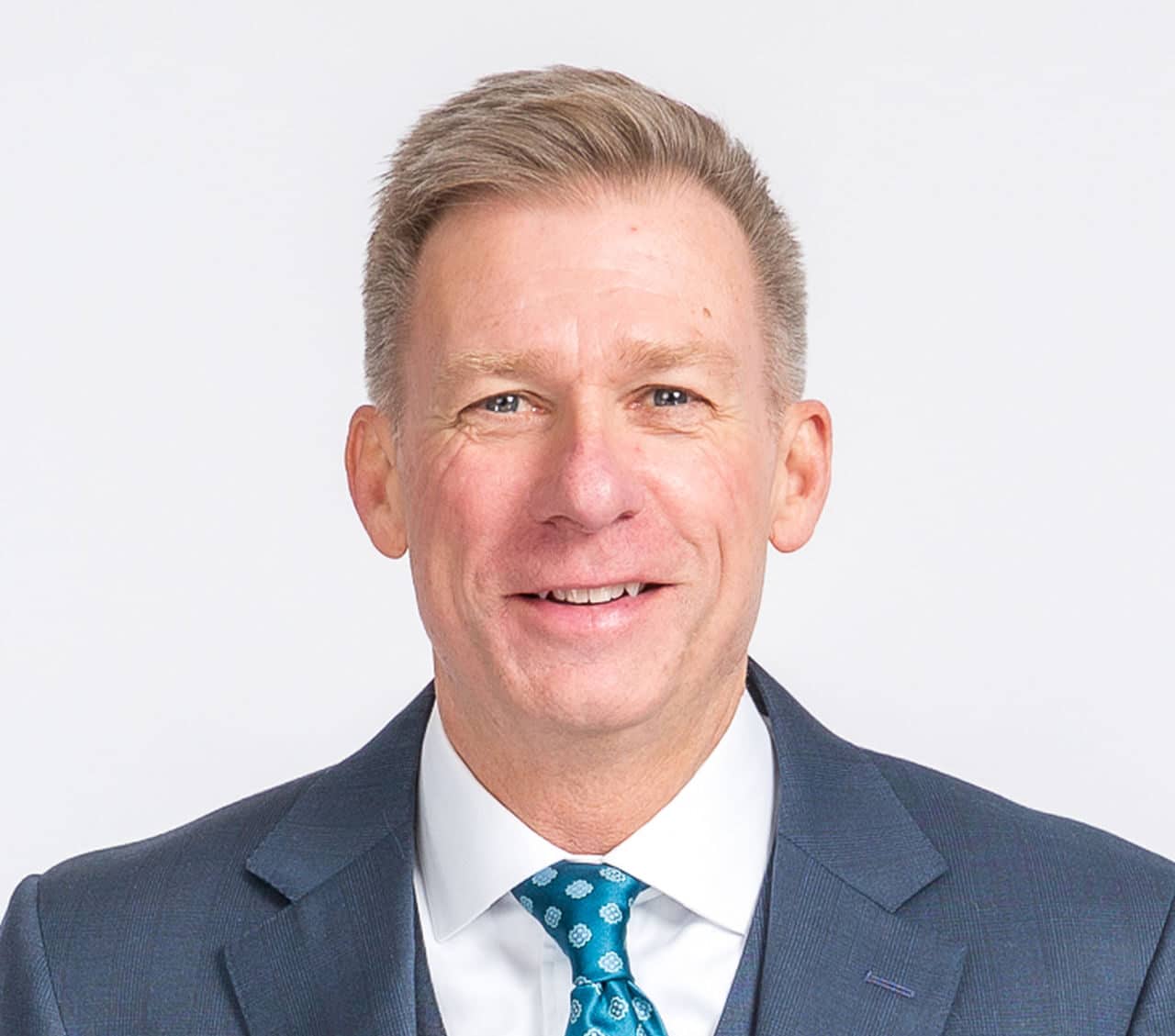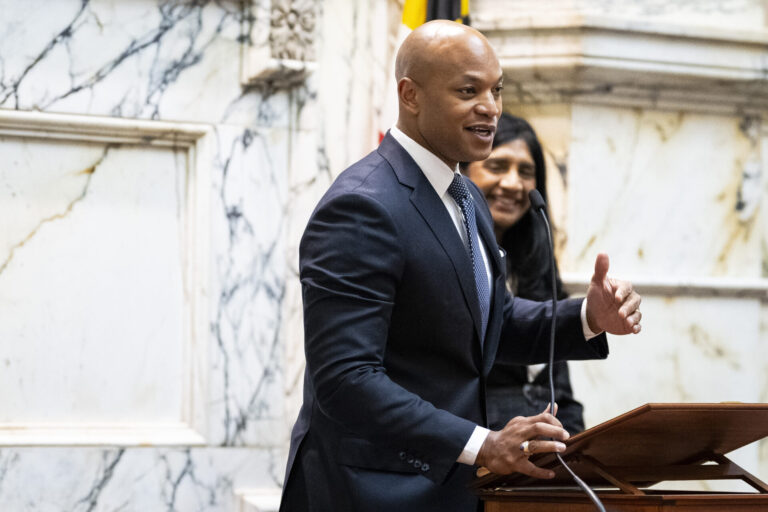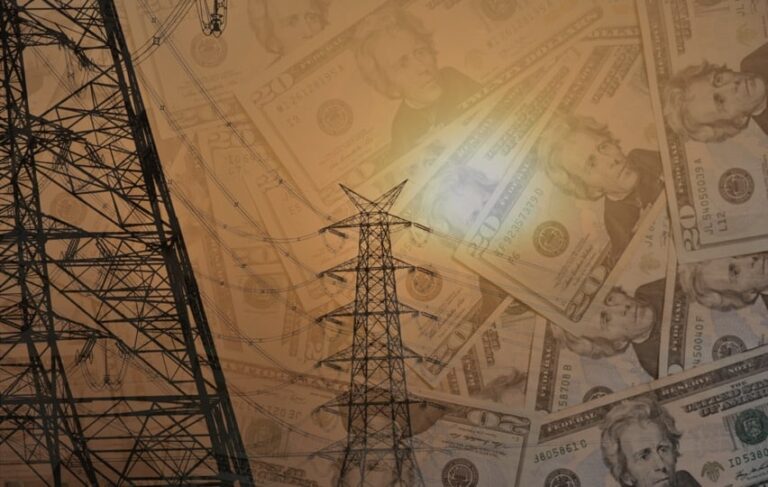Entergy to Rely on Gas while Claiming Net-Zero Emissions in 2050

Entergy joined other large utilities last week in announcing its intent to achieve “net-zero emissions” by 2050, but like its regional peers of Duke and Southern, the company is charting a course that will rely heavily on gas. Gas, which is a fossil fuel that contributes to climate change, will make up as much as a quarter of Entergy’s electric capacity by 2050, according to the plan. Entergy CEO Leo Denault told investors in February the company planned to build as much as 4 gigawatts of new gas by 2030.
Entergy’s net zero announcement, timed in advance of its “Virtual Analyst Day”, comes on the heels of Southern Company’s announcement that it too would rely on gas while still claiming net zero emissions. Peer utilities Consumers Energy, NIPSCO, and PSEG have pledged to forgo new gas, and APS and Xcel, which committed to fully decarbonizing by 2050 without the use of offsets.
Entergy has repeatedly blocked action on climate at the operating company level; its New Orleans subsidiary threatened the City of New Orleans if the city proceeded with a plan that would force the utility to move toward clean energy as part of an effort to combat climate change. Entergy’s service territory includes much of the Louisiana and Texas coasts, which are highly susceptible to the impacts of climate change, including increased frequency and intensity of hurricanes. Climate change is the number one risk to the insurance industry, according to a 2019 report from the American Society of Actuaries. Entergy estimated Hurricane Laura would add between $1.5 billion and $1.7 billion to customer bills in storm recovery costs.
Entergy’s history of blocking climate action
Entergy has fiercely opposed action to combat climate change, including threatening to sue the City of New Orleans for what advocates termed a “resilient renewable portfolio standard”, or R-RPS. The R-RPS, like a renewable portfolio standard, is a mandate to achieve a targeted percentage of energy from resources that are both renewable and resilient.
Entergy threatened the City of New Orleans multiple times with litigation if it adopted “anything like” a 100% R-RPS. The company told the Council that R-RPS proposals from clean energy advocates would result in “years of litigation at the Federal Energy Regulatory Commission (FERC).” The company warned the Council that forcing it to retire a resource, such as a coal plant, would “lead to litigation.”
Entergy also accused R-RPS advocates of “the intellectual equivalent of denying that climate change exists.” Entergy was undaunted by New Orleans City Council President Helena Moreno’s accusations that the company was breaching the public trust: the very next month, the utility accused advocates of engaging in “anti-intellectualism” and “climate solution denial.”
In a bitter fight over the future of a distributed solar energy-enabling policy called net metering in Louisiana, Entergy pushed to severely limit compensation paid to its customers for excess solar energy that they sell back to the grid. Utilities across the country have fought net metering, despite many of them, including Entergy, acknowledging that distributed energy resources like rooftop solar can be a key part of achieving net-zero emissions.
Entergy’s President of Utility Operations Rod West emailed Louisiana Public Service Commissioner Craig Greene last September about the net metering battle and accused the “solar lobby” of stoking the flames of a “class war.” West claimed without evidence that solar interests were paying for the testimony of decorated retired General Russel Honoré, best known for his work during rescue efforts after Hurricane Katrina.
Entergy contractors, however, did pay for actors to feign support for a gas-fired power plant in New Orleans. Independent investigators later found that Entergy “knew or should have known” about actors being paid, despite the company’s repeated attempts to delay and stall the investigation. The New Orleans City Council fined Entergy $5 million but the company was still able to proceed with construction of its gas plant. Entergy also used charitable organizations to turn out support for its gas plant construction, according to an analysis by the Energy and Policy Institute.
Entergy ignored commission staff and stakeholder input
Entergy’s resource planning processes have routinely been criticized by public service commission staff and advocates as inadequate. In Mississippi, the company attempted to block the participation of almost every intervenor in its integrated resource planning (IRP) process. Entergy claimed, in response, that its IRP “provides transparency”. In Louisiana, however, the Public Service Commission staff found “transparency lacking” in Entergy’s IRP. A Southern Renewable Energy Association (SREA) analysis found that Entergy either ignored or “entirely rejected” approximately 70% of commission data requests and stakeholder recommendations. SREA also questioned why Entergy Louisiana would “obfuscate” wind and solar cost projections when Entergy Arkansas made such data available to the public.
Lack of transparency and stakeholder input resulted in a significant slowing of Entergy’s decarbonization. Clean energy advocates challenged the company’s reliance on capacity-only planning which effectively precluded Entergy’s model from retiring older coal and gas plants early and replacing them with lower-cost renewable energy options.
The Louisiana Public Service Commission, in February of 2018 and during Entergy’s ongoing IRP, forced the utility to file an analysis of its legacy coal and gas units. Entergy’s analysis, filed two and a half years later in August of 2020, admitted it could economically retire legacy units and replace them earlier than assumed in its IRP, all without affecting reliability. The company filed the new analysis after the IRP docket was already closed in November 2019, despite having received the demand from the Commission during the IRP. Energy’s analysis was filed with the Commission in a separate docket which was closed to any stakeholder intervention or participation.
Header image source: Entergy



